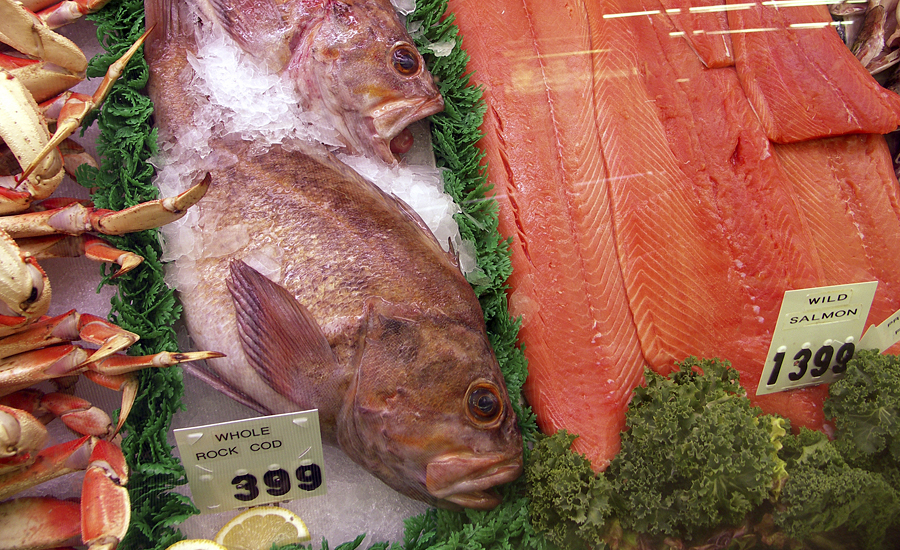A new report published by the Marine Stewardship Council (MSC), London, shows how effective management and improvements made by MSC-certified fisheries are delivering measurable, positive impacts in oceans, from reducing bycatch to advancing scientific understanding of marine environments.
Since 2010, the volume of global wild seafood catch that is MSC-certified has almost doubled from 5% (4,541,358 tons) to 9.4% (8,821,221 tons) in 2015. Across 33 countries, 281 fisheries are now independently certified to MSC certification, what is said to be the world's most recognized and credible standard for sustainable fishing.
"The MSC was established nearly 20 years ago to address the problem of unsustainable fishing and safeguard seafood supplies for the future. Our latest report showcases the results of the hard work, innovation and investment made by fisheries to achieve and maintain certification, and the positive change on the water the MSC program helps catalyze globally," says Rupert Howes, MSC's chief executive.
MSC data show that over the course of certification, 94% of certified fisheries are required to make at least one improvement to strengthen or further monitor the sustainability of their operations in order to maintain their certificate. By end of 2015, 281 fisheries had made 876 improvements, with many more being developed.
The report also points to advances in technology, research and management that enable smarter and more selective fishing in the southern Indian Ocean. For instance, measures implemented by the certified Kerguelen toothfish fishery have dramatically reduced the number of seabirds accidentally caught on longlines, with just three grey petrel mortalities reported last year. Meanwhile, in the certified Louisiana blue crab fishery, almost 25,000 derelict crab traps have been removed, minimizing the risk of ghost-fishing to vulnerable terrapin species.
"From improving harvest strategies to taking action to reduce impacts on other species, MSC-certified fisheries are developing innovative science-based solutions to the challenges of sustainable management. The report shows how their commitment to sustainability is making a real and lasting difference to the health of the world's fish stocks and marine ecosystems," says Dr. David Agnew, MSC's science and standards director.
The report also explores the sustainability of fish stocks in northern Europe over the past 14 years, and reveals that the biomass, or abundance, of fish stocks that went on to become MSC-certified increased more than that of uncertified stocks. In contrast, uncertified stocks in Europe show much greater variability in terms of biomass and fishing pressure, with the average fishing effort remaining too high to ensure productive fish stocks.
"Our analysis of European fish stocks demonstrates that certified fisheries are improving the health of fish populations,” adds Agnew. “MSC-certified fisheries in Europe now target more abundant fish stocks at a more sustainable fishing rate than they did before MSC certification."
The location of MSC-certified fisheries, processors and products reflects the global nature of the seafood industry. China ranks among the countries with the highest number of chain of custody certificates, with these overwhelmingly in the processing sector, while certified fisheries are concentrated in North America and Europe.
"With many developing world fisheries in urgent need of improvement or recovery, the challenge is huge, but so is the potential for transformation,” says Howes. “MSC is committed to helping these fisheries overcome barriers to certification and to building their capacity for effective and sustainable fisheries management."



